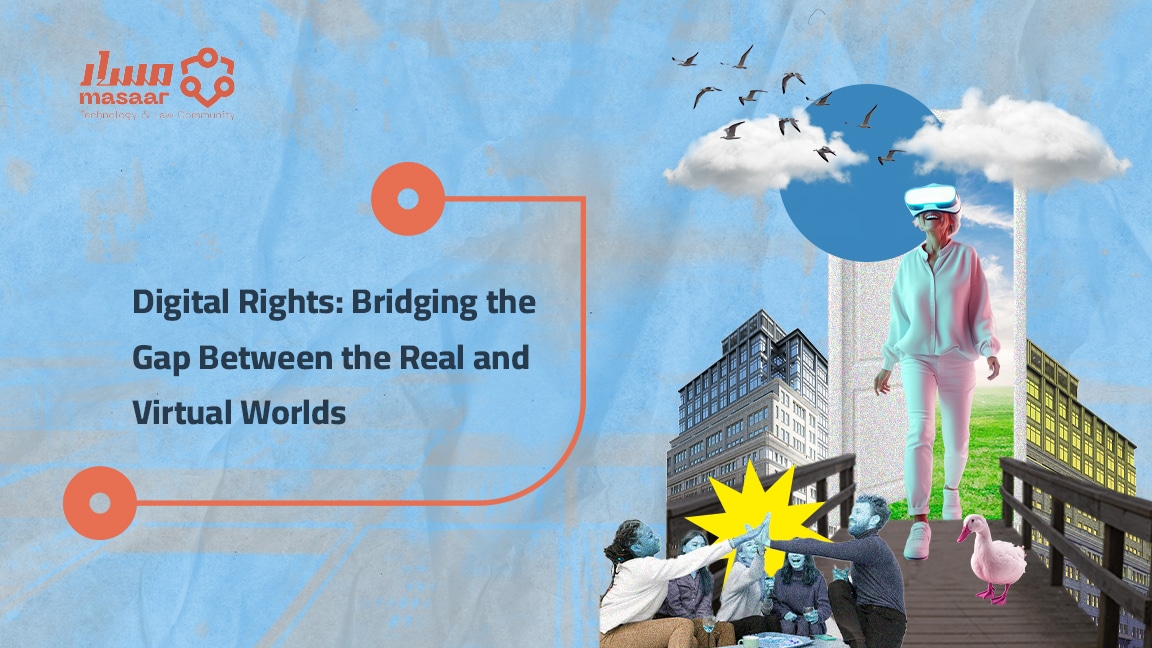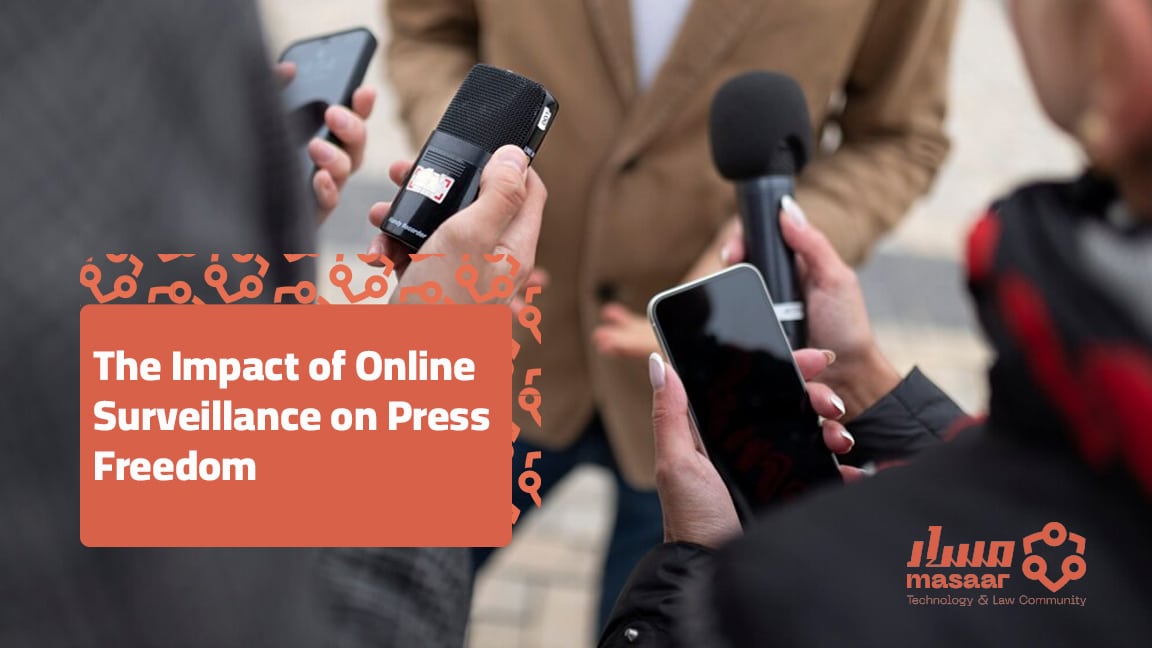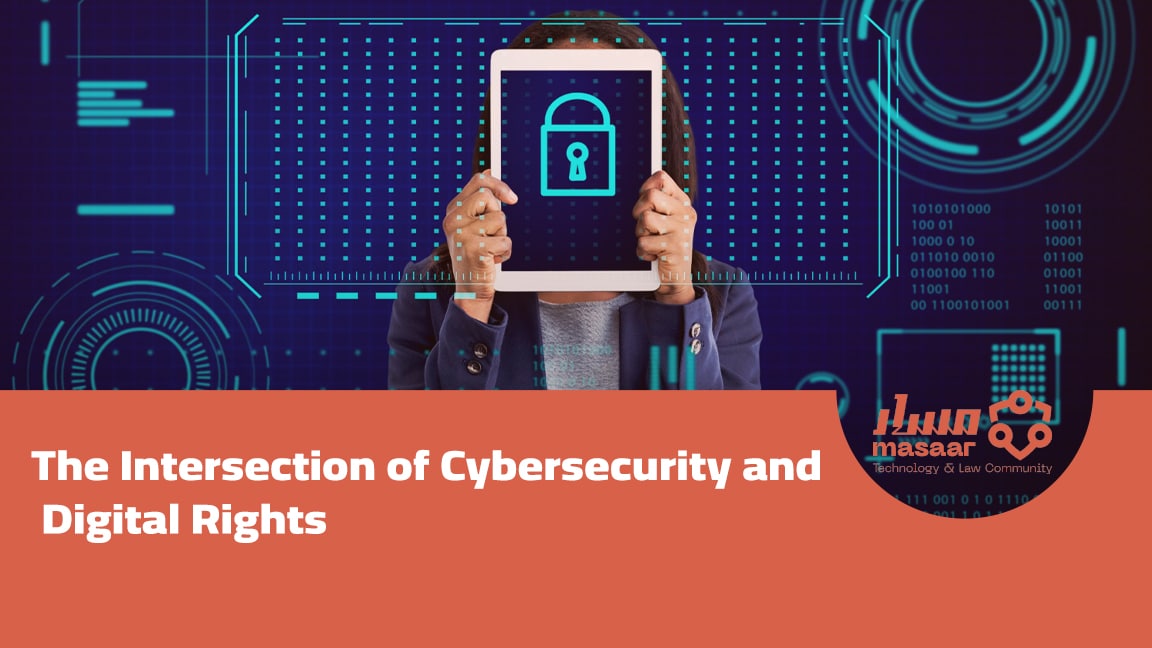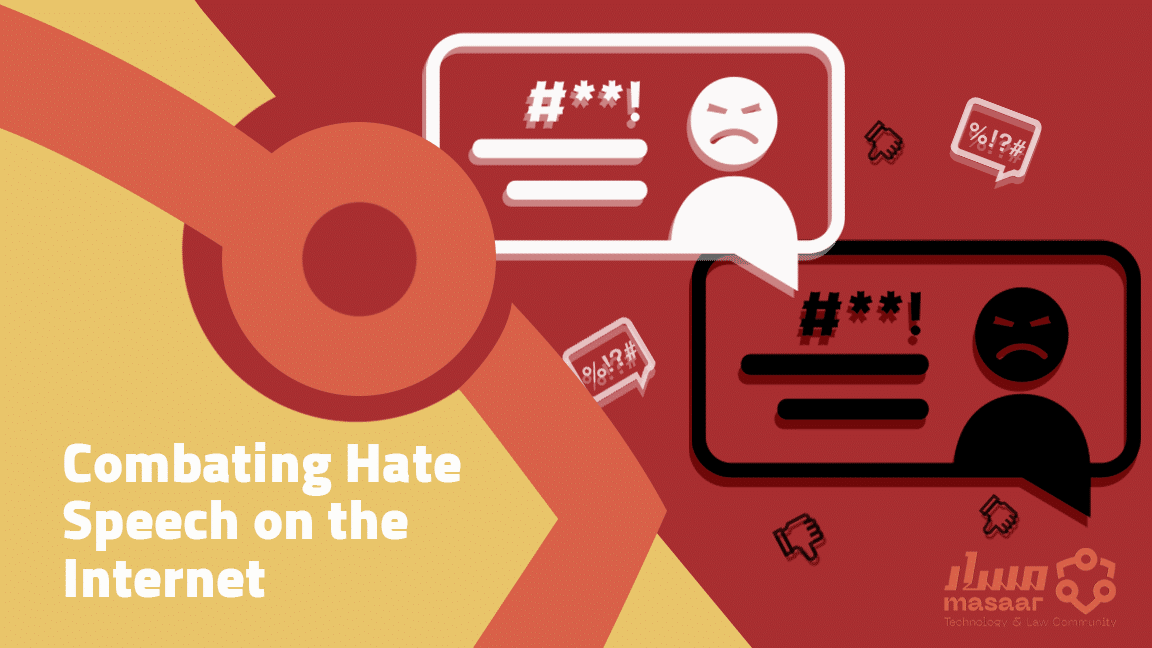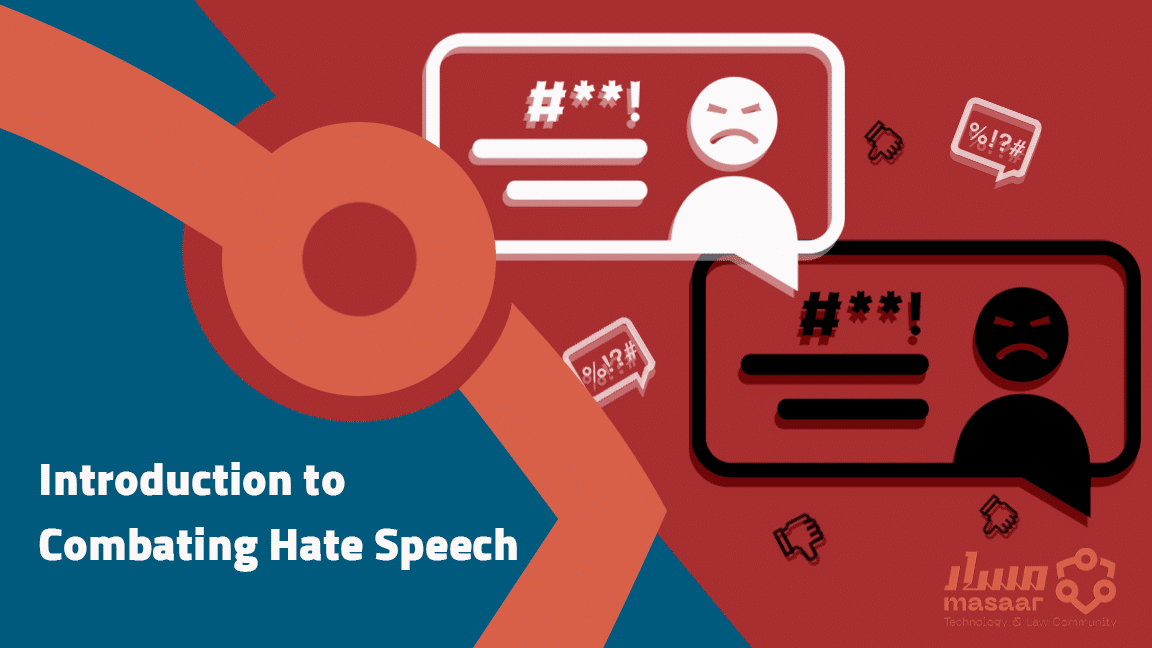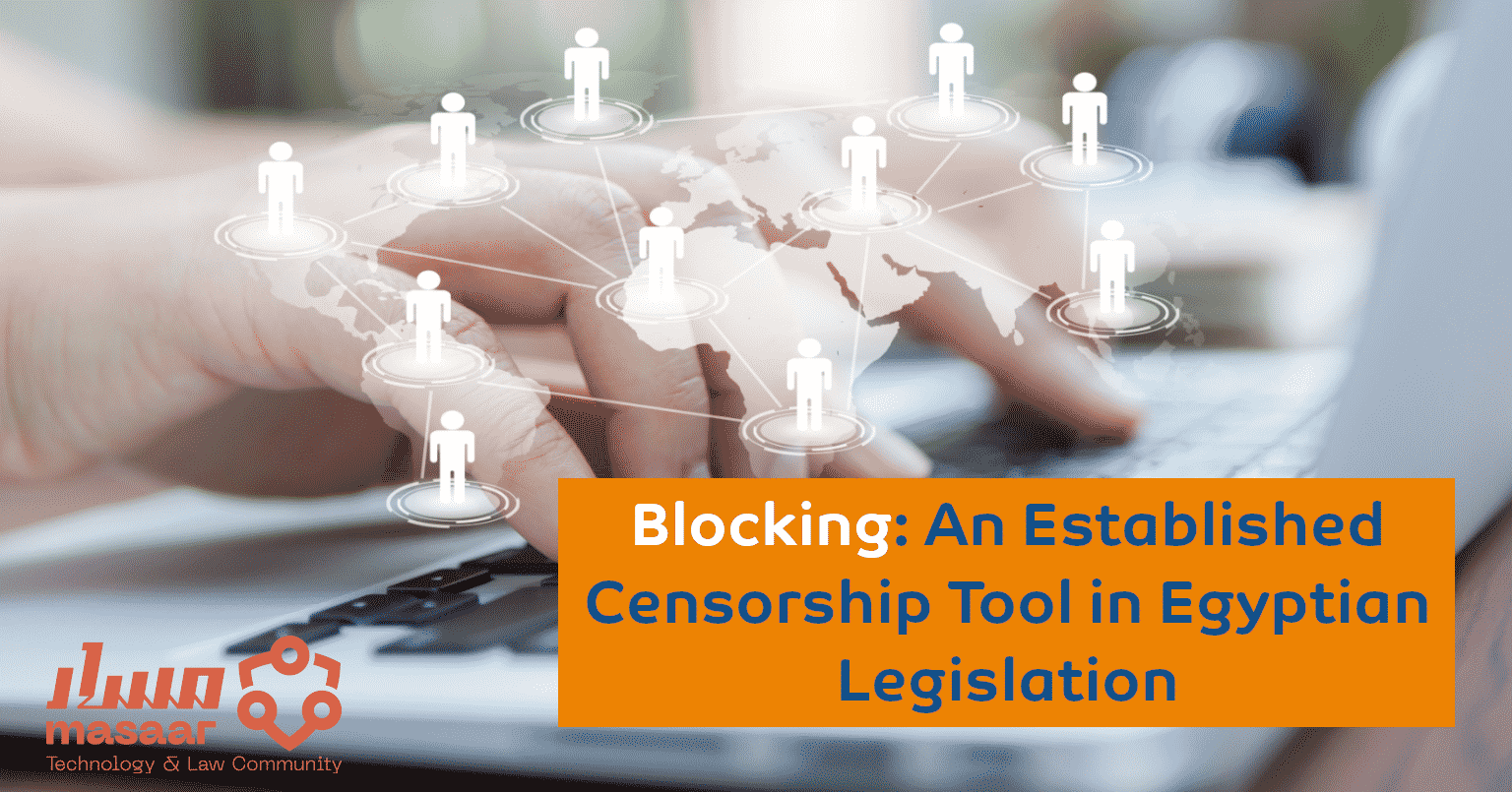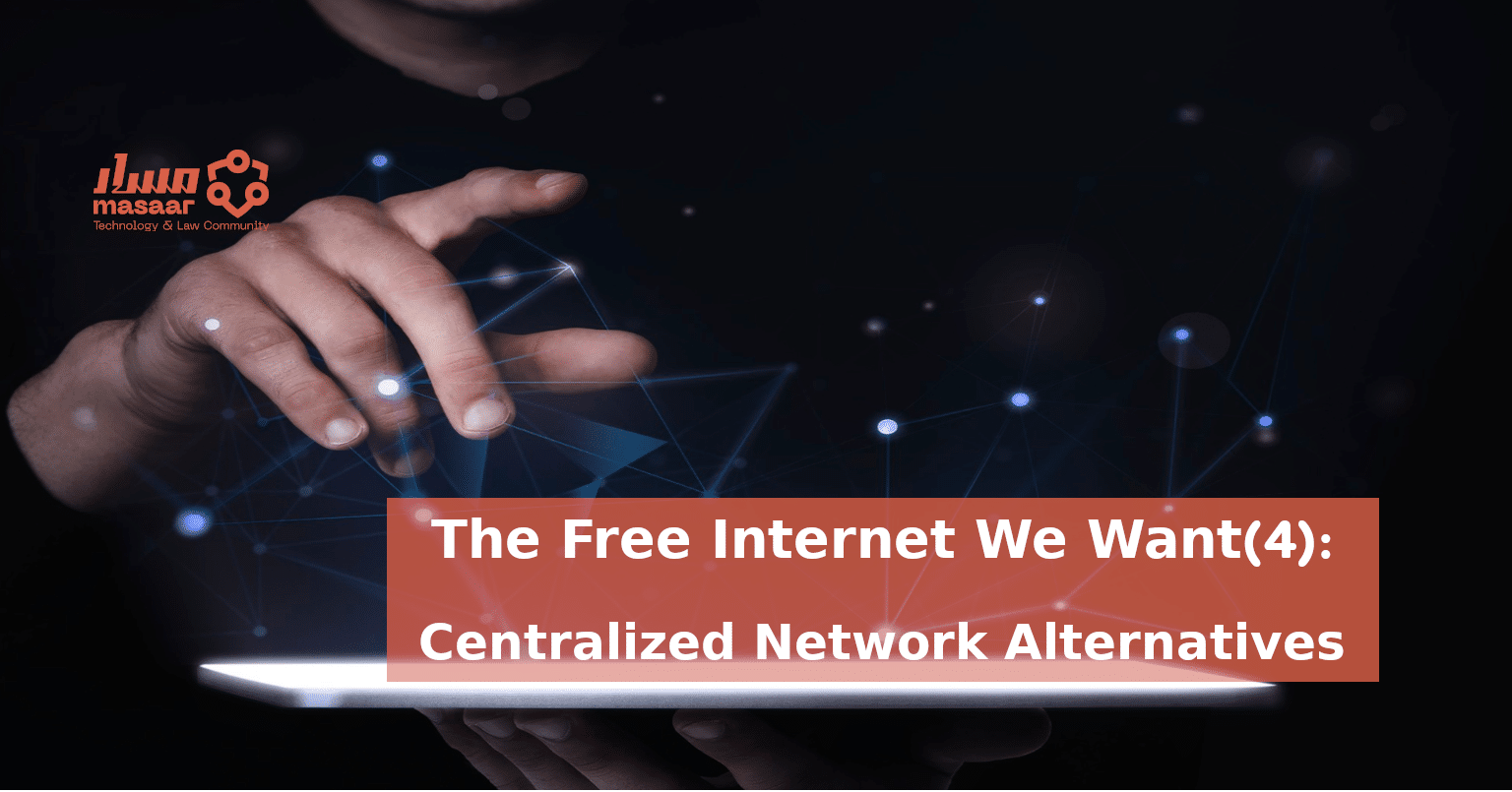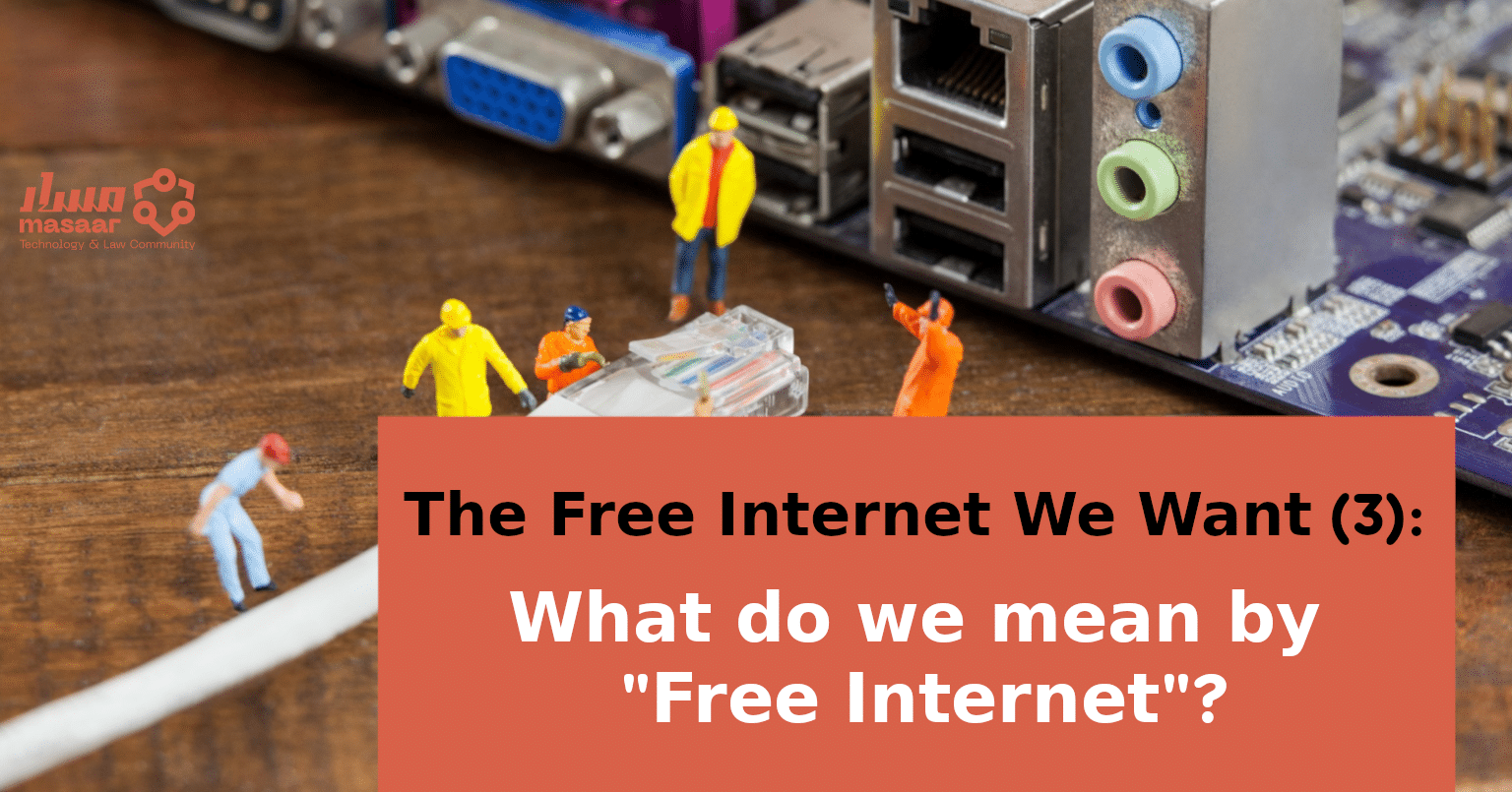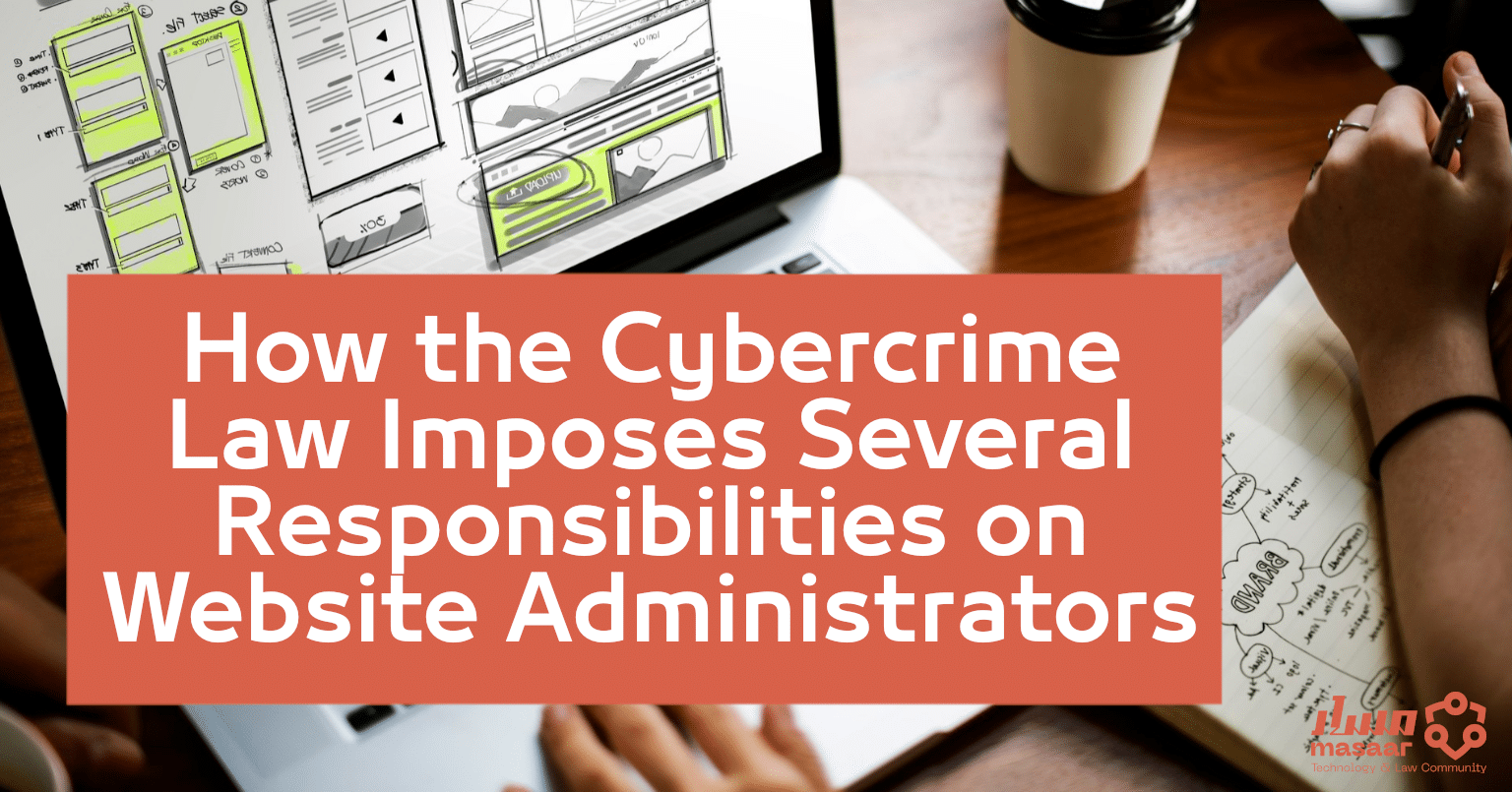Free Internet
Digital Rights: Bridging the Gap Between the Real and Virtual Worlds
This paper offers a theoretical framework for understanding digital rights. It examines the development of the concept, explores the underlying values and principles, and discusses the rights that facilitate individual participation in the digital world, particularly the right to internet access. Finally, it discusses how human rights can be reframed in the context of a digital world.
The Impact of Online Surveillance on Press Freedom
This paper seeks to shed light on the impact of online surveillance on press freedom. The paper discusses the challenges that online surveillance poses to investigative journalism and freedom of information. The paper also addresses the impact of online surveillance on journalists and the challenges they face in the digital age.
The Intersection of Cybersecurity and Digital Rights
This paper seeks to explore the different characteristics of the intersection of cybersecurity and digital rights in Egypt. It starts with an explanation of how cybersecurity intersects with digital rights and introduces the right to cybersecurity. The paper proceeds to discuss the main features of cybersecurity in Egypt through the cyberthreats faced by it, as well as the legislative and institutional frameworks for dealing with these threats, and the political exploitation of cybersecurity in Egypt.
Combating Hate Speech on the Internet
This paper seeks to provide enough information for forming a clear picture of the issues concerning hate speech on the Internet and combating it. It also seeks to offer pointers to an alternative approach to dealing with hate speech on the Internet in a way compatible with the balanced observance of human rights.
Introduction to Combating Hate Speech
This paper seeks to offer an introduction to the different concepts related to hate speech, introducing as much balanced definition of hate speech as possible, through exploring the heated debate around if restrictions on the right of free expression can be justified on account of combating hate speech and if so, where and how to draw the limits of such restrictions.
Blocking: An Established Censorship Tool in Egyptian Legislation
The legislative environment and judicial rulings in Egypt are full of rules and principles related to imposing forms of censorship over contents of different forms, visual, vocal, and read. Naturally, these tools have evolved along with technology, and the increasing role of the Internet in recent years in enriching contents, providing alternative platforms and unlimited…
The Free Internet We Want (4): Centralized Network Alternatives
The Free Internet We Want is a series of research papers: The Free Internet We Want (1): How the Internet became centralized, and what that means? The Free Internet We Want (2): How Internet centralization affects us The Free Internet We Want (3): What do we mean by “Free Internet”? The Free…
The Free Internet We Want (3): What do we mean by “Free Internet”?
The Free Internet We Want, is a series of research papers: The Free Internet We Want (1): How the Internet became centralized, and what that means? The Free Internet We Want (2): How Internet centralization affects us The Free Internet We Want (3): What do we mean by “Free Internet”? On this page: What…
How the Cybercrime Law Imposes Several Responsibilities on Website Administrators
On this page: How does the law define website administrators? General responsibilities related to managing and using the website, account, or email. Responsibilities related to negligence, shortcomings, or failing to implement security and protection measures. Responsibilities related to hiding or tampering with digital evidence in case of a crime committed through the website. The…

